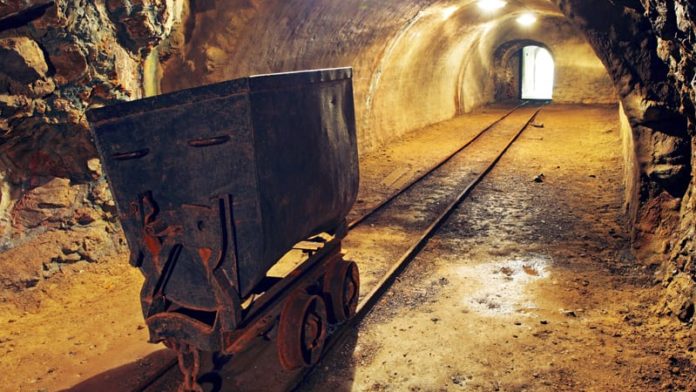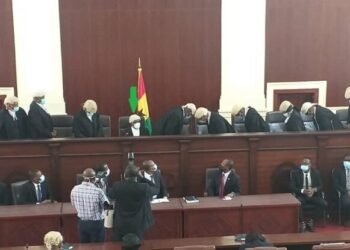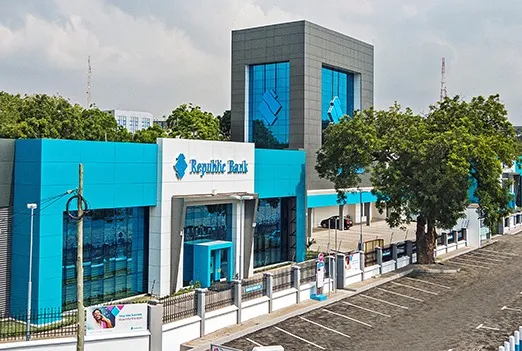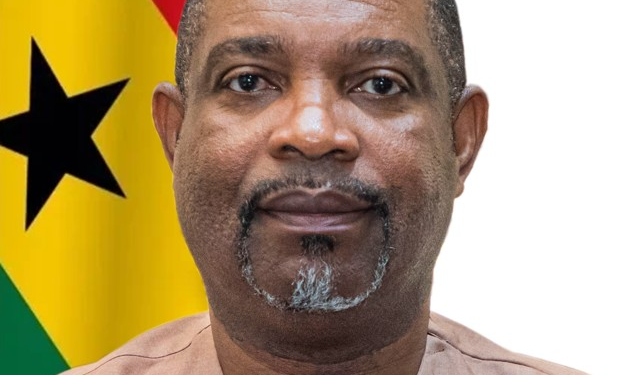In a renewed push for sustainable resource extraction and community development, responsible mining has taken center stage with the launch of the Responsible Cooperative Mining and Skills Development Programme (rCOMSDEP).
The initiative, led by Eng. Frank Pedro Asare, national coordinator of the programme, builds on insights and challenges drawn from earlier schemes such as the Community Mining Scheme and the National Alternative Employment and Livelihood Program.
Speaking during the launch on Wednesday, 6th August 2025, Asare emphasized that rCOMSDEP introduces a coordinated and structured approach that enhances earlier interventions by integrating resource-efficient practices and stronger regulatory adherence.
The programme operates on six interdependent pillars, each tailored to transform mining communities into hubs of resilience, productivity, and innovation.
At the core of the programme is the Cooperative Mining Scheme, which establishes community-owned mining enterprises.
These entities will operate centralized processing facilities utilizing micro-free technologies—systems designed to extract minerals responsibly, reduce environmental harm, and ensure that benefits remain within local economies.
“The scheme will be organized under the mining groups registered with rCONSDEP, based in the community. Operators under the scheme will be taken through training and will sign on to the policy guidelines and code of practice developed for the Cooperative Mining Scheme. The acquisition of the small-scale licensing, Cooperative Mining, may be initiated by either the government or the community.”
Frank Pedro Asare
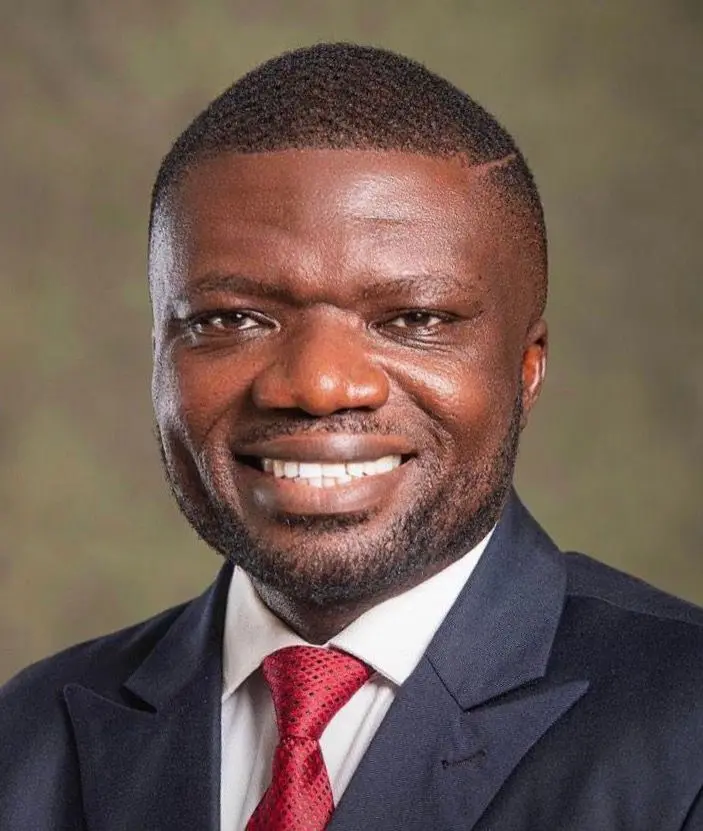
To support this foundation, the second pillar—Mine Support Services—offers technical support through equipment leasing, geological surveying, and safety training. The aim is to standardize operations and ensure safety and compliance across the board.
Asare explained that vocational training is equally vital. The third pillar, Vocational Training and Entrepreneurship Development, focuses on equipping miners and community members—especially women and youth—with hands-on skills in mining operations, machinery maintenance, and alternative livelihoods.
The training programmes will be formally accredited, creating pathways for sustainable employment outside mining.
Responsible Mining Push Restores Land And Livelihoods
Environmental protection stands at the heart of the fourth pillar. The Environmental Rehabilitation Program addresses the degradation often caused by small-scale mining through land reclamation and reforestation.
This component not only restores biodiversity and ecosystem services but also opens avenues for green jobs, offering long-term environmental and economic dividends.
Asare noted that rural transformation also depends on food security and diversified local economies. Therefore, the fifth pillar—Agricultural Value Chain Development—focuses on forming farming cooperatives and agro-processing hubs in mining areas.
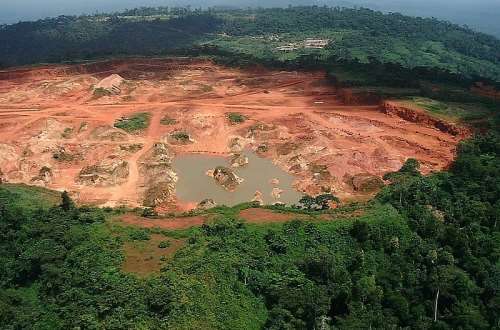
In collaboration with the Ministry of Food and Agriculture, this segment aims to bolster food production and reduce overdependence on mining as a sole livelihood.
The final component of the strategy, Community Infrastructure Development, is designed to uplift social conditions in mining communities.
This includes the construction of clean water systems, clinics, schools, and renewable energy facilities—all key to enhancing quality of life and creating an environment conducive to growth beyond mining.
“The fifth pillar is the Agricultural Value Chain Development. This pillar establishes sustainable farming cooperatives and agro-processing facilities in mining regions, diversifying local economies and enhancing food security through partnership with the Ministry of Food and Agriculture.
“rCONSDEP is more than a mining program. It is a vision for how our communities can reclaim their lands, restore their environment, and rebuild their economies with dignity and purpose. It is about empowering our people not just to mine responsibly, but to dream beyond mining.”
Frank Pedro Asare
He stressed that the successful implementation of this vision depends on collaboration from all sectors.
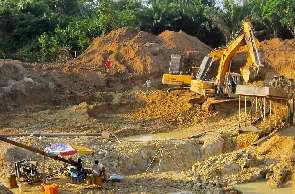
The government is committed to delivering policy frameworks and resources. Traditional leaders will lend their authority and local guidance, while miners must adhere to responsible and legal practices. Civil society and the media have been called upon to ensure transparency and maintain public accountability.
Every Ghanaian, he said, has a role to play in supporting sustainable livelihoods and preserving national resources. “Together, let us mine responsibly, live sustainably, and build a prosperous future for all.”
As Ghana continues to grapple with the challenges of balancing resource extraction and environmental conservation, rCOMSDEP presents a strategic roadmap for ensuring that responsible mining becomes the cornerstone of sustainable national development.

